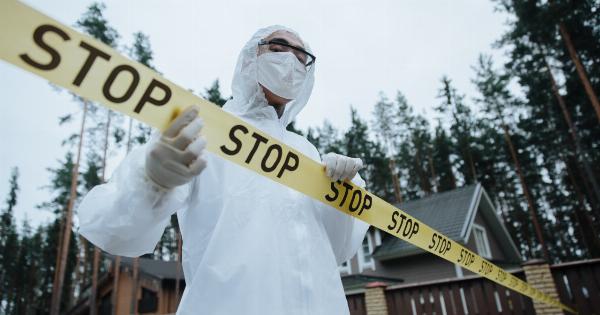Health experts have issued a warning about a rare disease that can cause liver damage and even liver failure. The disease, known as Fascioliasis or liver fluke infection, is caused by a parasitic flatworm.
What is Fascioliasis?
Fascioliasis is a disease caused by the Fasciola hepatica parasite, also known as the common liver fluke. The parasite enters the human body by ingestion of contaminated food or water.
It then migrates to the liver where it can cause damage to the liver and bile ducts. The damage can lead to jaundice, liver failure, and other complications.
How is Fascioliasis contracted?
The Fascioliasis parasite is found in freshwater snails which are common intermediate hosts.
Humans can become infected with Fascioliasis by consuming contaminated water plants such as watercress, or by eating undercooked or raw aquatic animals such as clams and frogs that have been infected by the larval stage of the parasite.
People who work on farms are also at risk of contracting the disease because they are exposed to contaminated pastures.
What are the Symptoms of Fascioliasis?
The symptoms of Fascioliasis can be similar to those of other liver diseases such as hepatitis and cirrhosis. The initial symptoms include fever, abdominal pain, and diarrhea.
The advanced stage of the disease can cause jaundice, liver failure and swollen liver.
How is Fascioliasis diagnosed?
Diagnosis of Fascioliasis is made through blood tests. A doctor will examine a patient’s liver and bile ducts to determine if they have been damaged. Imaging tests such as MRI, CT, or ultrasound may also be used to diagnose the disease.
How is Fascioliasis treated?
The treatment of Fascioliasis usually involves the use of anti-parasitic drugs such as Triclabendazole or Nitazoxanide. These drugs have been found to be effective in treating the disease.
However, in some cases of advanced disease, a liver transplant may be required.
How can Fascioliasis be prevented?
Fascioliasis can be prevented by avoiding contaminated water plants and avoiding eating undercooked or raw aquatic animals. People should also wash their hands frequently and practice good hygiene to avoid the spread of the disease.
In some countries, livestock are also treated with anti-parasitic drugs to prevent the spread of the disease.
Conclusion
Fascioliasis is a rare disease that can cause serious liver damage and even liver failure. People can contract the disease through contaminated food or water.
The disease can be prevented by practicing good hygiene, avoiding contaminated food and water and treating livestock with anti-parasitic drugs. If you suspect that you have contracted the disease, seek medical attention immediately.




























